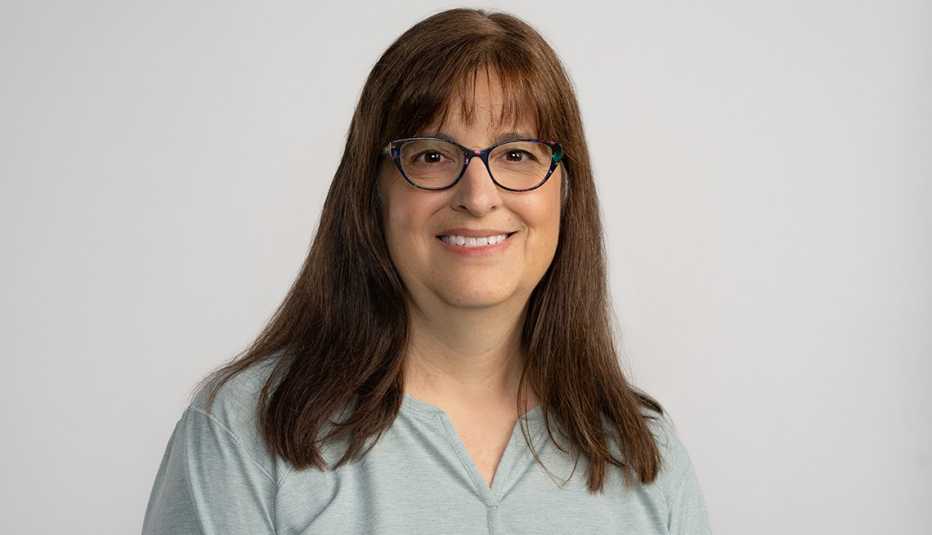Staying Fit


I cofounded Spoon in 2007 to help two groups of children who have high rates of malnutrition — those with disabilities and those who are living outside of families in residential care facilities or foster care. Since then, Spoon, which is based in Portland, Oregon, has successfully implemented programs in 19 countries.
Currently, we operate programs in Zambia, Uganda, Lesotho, Croatia, Zimbabwe, Vietnam and Belarus, as well as a U.S.-based program that benefits kids who are in foster care or at risk for ending up in foster care.
The problem I’m trying to solve
Proper nutrition, safe feeding and nurturing care during early childhood lay the foundation for lifelong health and well-being, but children with disabilities and those living outside of families experience high rates of malnutrition. We’re trying to ensure that children with disabilities have access to nutrition and feeding practices that meet their unique needs, and that children who are often excluded from nutrition programs are included and have a chance to thrive. We’re bringing lifesaving nutrition to children who are not growing and developing properly. Based on our research, we estimate that 250 million children worldwide could benefit from our programs.
The moment that sparked my passion
There were many. The first was in 2006 when I adopted my oldest daughter, who was then 5, from a baby home in Kazakhstan. I saw many children with malnutrition there, and I so wanted to help, but because I was there to adopt her, I couldn’t. That was the beginning of it.
My daughter had been diagnosed with cerebral palsy and muscular dystrophy; she couldn’t walk, she had low muscle tone and she was in pain. She was tiny — at age 5 she was wearing clothes for a 1-year-old. Once she got proper nutrition, she grew 8 inches in the first 12 months, and she was walking, running, playing on the playground, having full conversations and riding a tricycle. That was another inspiration — it didn’t take much to turn her life around.
































































